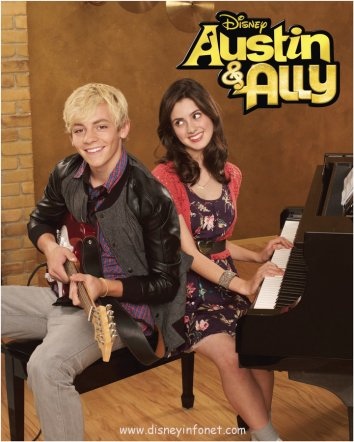Now, I know what you're thinking, what is Asperger's Syndrome? Asperger's Syndrome is a pervasive development disorder. What does that mean? It's an Autism Spectrum Disorder. Asperger's is on the high functioning part of the spectrum. Normally children are diagnosed much younger than I was. Symptoms normally start to present themselves at the age of three. Like Autism, there is no known cause and no cure for Aspergers, there are only ways to manage the disorder.
This video from PBS show Arthur does a very good job at describing what Asperger's Syndrome is.
The symptoms of Asperger's Syndrome varies from person to person but there are signs. This is a list of signs that children with Aperger's may exhibit: (the ones in maroon are the ones that I experience)
- Not picking up on social cues and may lack inborn social skills such as being able to read body language, start or maintain a conversation and taking turns talking.
-Disliking any change in routines.
-Being unable to recognize subtle differences in speech tone. Such as not understanding a joke or taking a sarcastic comment literally.
-Have a formal style of talking or a vocabulary that is advanced for their age.
-Avoiding eye contact or staring at others.
-Have unusual facial expressions or postures.
-Being preoccupied with only one or a few topics in which the child will be very knowledgeable about. (I went through a lot of these: The Wizard of Oz when I was four; Pokemon when I was about seven; Harry Potter between the ages of nine and thirteen; Right now, my current obsession is Doctor Who)
-Talking a lot about a favorite subject.
-Have delayed motor development.
-Have heightened sensitivity and become overstimulated by loud noises, lights or strong tastes or textures.
(I have answered yes to all ten questions in the video)
Because of Asperger's I had a really hard time in fifth, sixth and seventh grade. In fifth grade I had transferred from a parochial school in Providence to a public school in North Providence. I didn't take to the change well. It took me nearly two weeks to make friends. In sixth grade I had really awful teachers. These two teachers did the opposite of everything we learned about in class. They had "problem students" face the wall either in the front of the class or in the back of the class. The students who needed extra help (I was one of them) were ignored or in my case, belittled in front of the entire class. That year I would have an average of three and a half hours of homework a night. I could never finish all my homework and I was usually punished for it. I would lose my recess privileges and I wouldn't be allowed to talk to my friends at snack time. By February of that school year, my teachers had stopped attempting to teach me anything and I had stopped attempting to learn from them. Because of that, I nearly failed sixth grade.
In seventh grade I was relentlessly bullied for being "slow." I was called: slow, retard, SPED, poor, lesbian and just about every name in the book. Thankfully, there was a teacher aid for a boy in my class and she was told by my teachers to help me out as well. Because I couldn't deal with what I was going through I had behavioral issues at home and in school. I fought with my best friend, threw a notebook at one of my classmates, and I told another classmates to hit me. After several calls from the school, visits with my teachers, and almost being suspended (for throwing a notebook at a classmate) my mother decided to send me to another school for eighth grade.
About two years ago I started going to a support group at The Groden Center in Providence. The group consists of young adults who have Asperger's Syndrome. It's a way for us to learn about how to interact in society and to meet other young adults who are having the same experiences. I still have issues in school (it took me nearly five hours to write this) but with a little push I'm able to get things done.
The thing about Asperger's Syndrome is that in some instances you would never know that the person with AS has it. Sometimes people with Asperger's need someone "safe" that they can go to. Someone that they feel comfortable talking to and who accepts their little quirks. Sometimes all someone with AS wants is someone who understands them one hundred percent. I hope you were able to learn a little bit from my post.














